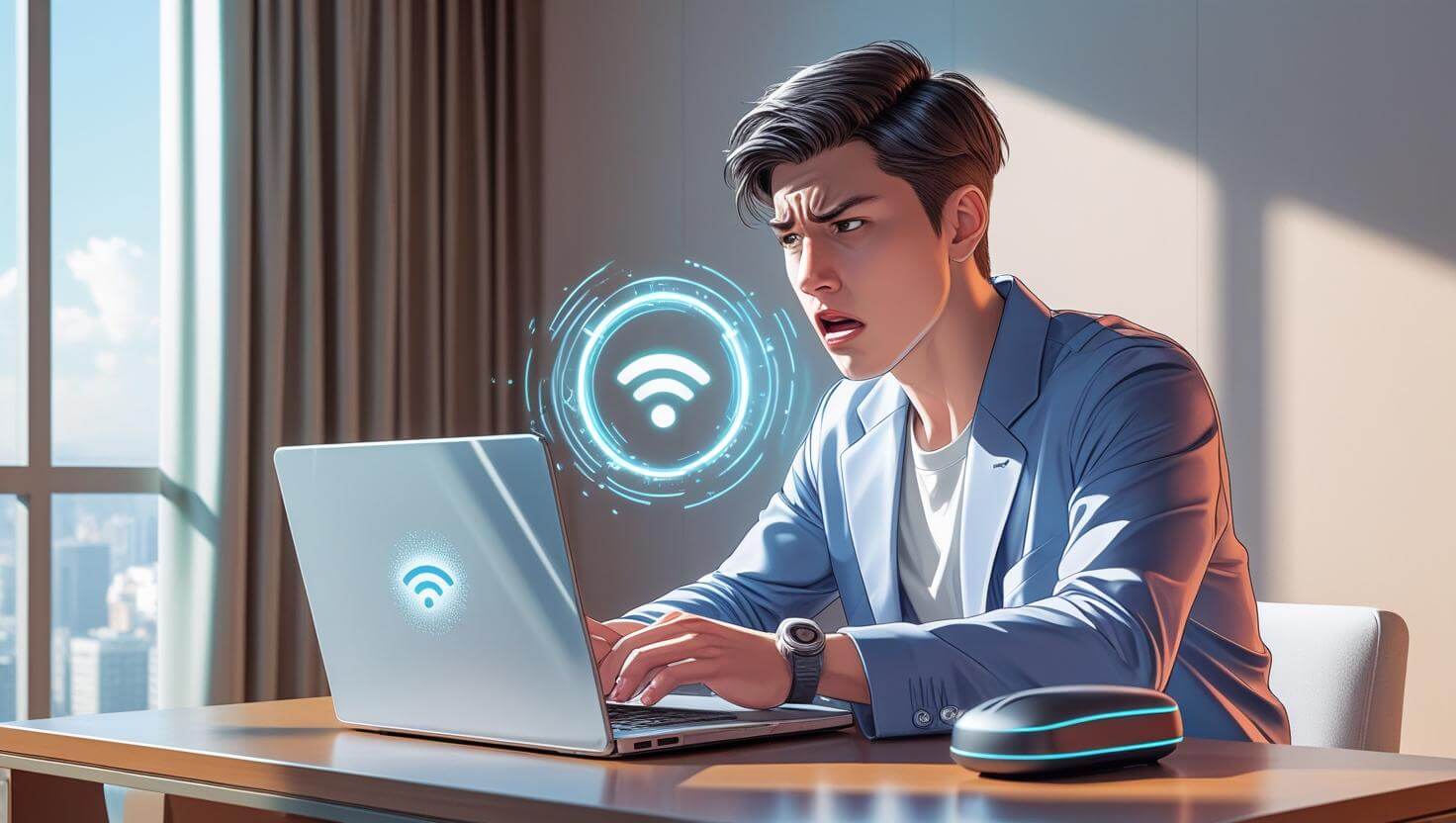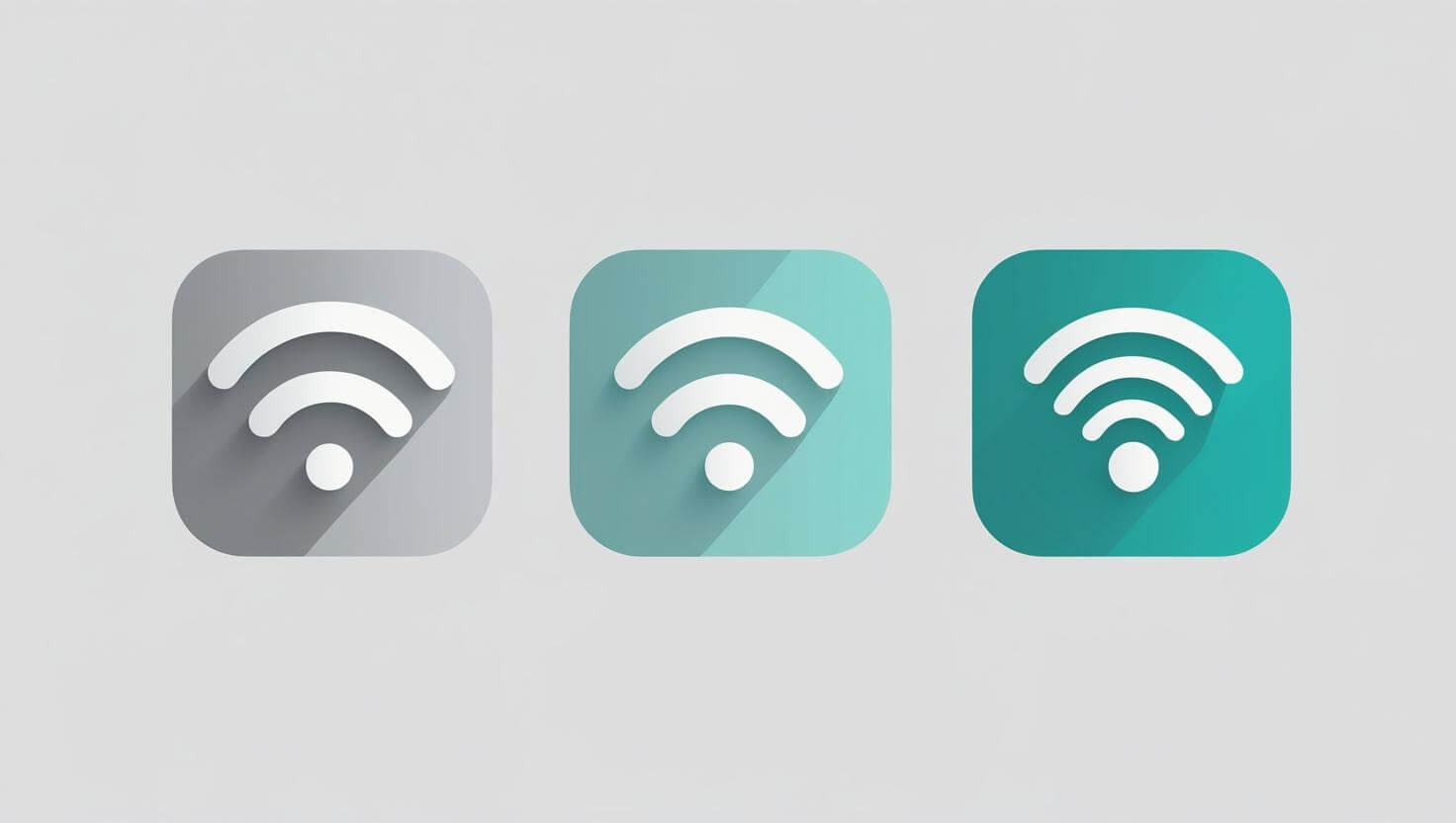Marriott WiFi sparked a nationwide debate when travelers discovered the hotel giant was deliberately disrupting personal WiFi hotspots. What started as a quiet annoyance turned into a full-blown personal hotspot blocking controversy, leading to an FCC fine $600,000. Guests weren’t just losing connection; they were losing their hotel guest internet rights, a freedom protected under U.S. law.
The story goes beyond slow speeds or annoying pop-up logins. It’s about your ability to connect without interference, protected by public spectrum usage rights and enforced through federal regulations. Whether you’re streaming, working, or gaming, knowing the truth could change how you travel and how you fight back.
A Game of Cat-and-Mouse How Marriott Blocked Guest Hotspots
The method Marriott used was subtle but aggressive. They sent management packets to knock devices off personal networks. Imagine opening your LTE device connection only for it to disconnect seconds later. That’s what guests experienced. This wasn’t a glitch; it was private network interference laws being ignored.
In technical terms, it’s akin to using a cell jammer to break interference with authorized radio communications. Such behavior violates FCC WiFi interference rules. The FCC has warned that no company can interfere with 2.4 GHz Wi-Fi, no matter the hotel internet access policy. You can read more about it at FCC.gov.
Marriott is Being Misleading About WiFi Security
Marriott argued they were protecting guests from rogue wireless hot spots, insidious cyberattacks, and threats to identity theft protection. They said their FCC-authorized equipment allowed them to secure the network. On paper, it sounds reasonable. In reality, spectrum jamming enforcement laws don’t support such practices.
The WiFi service protection claim was an attempt to frame blocking as safety. But mobile hotspot legality is not negotiable in the U.S. Even with wireless network security concerns, hotels can’t violate federal communications protection or disrupt lawful wireless device use.
Your Right to WiFi Under U.S. Federal Law
Under radio frequency interference laws, hotel internet restrictions can’t extend to personal networks. The FCC.gov WiFi rights make it clear: WiFi blocking penalties apply to anyone jamming networks. That includes hotel WiFi blocking to force guests into paid access.
If you rent a hotel room, your property rental internet rights include using your own devices. That means portable router usage, MiFi LTE devices, or any hotspot is legal. Even the FCC states this in their public spectrum usage rights section at FCC Hotspot Policy.
The Real Reason Guests Use Personal Hotspots
Guests often use Connectify Hotspot or MiFi LTE devices because hotel WiFi can be slow, expensive, or insecure. Hotel guest internet rights allow them to connect without relying on hotel infrastructure. In many cases, personal hotspot blocking controversy arises when hotels see hotspots as competition.
For travelers, portable router usage offers flexibility. It avoids hotel internet restrictions and keeps your connection safe from rogue wireless hot spots or insidious cyberattacks.
Marriott WiFi Cost and Hidden Charges
High marriott wifi cost and unexpected marriott wifi charges are a reality in many hotels. This can motivate hotels to prevent guests from using free alternatives. The connection between hotel internet access policy and WiFi blocking penalties isn’t coincidental.
| Marriott WiFi Option | Average Cost per Day | Speed (Reported) |
| Standard WiFi | $14.95 | 3–5 Mbps |
| Premium WiFi | $19.95 | 10–20 Mbps |
| Personal Hotspot | Free after device | 20–50 Mbps |
Troubleshooting Common Marriott WiFi Problems
Common issues like can’t connect to marriott wifi, dns failure marriott wifi, or problems with how to connect to marriott wifi on laptop often happen due to poor configuration or deliberate blocking. For gamers, how to connect ps5 to marriott wifi can be tricky without the right steps.
The fix often involves bypassing hotel internet restrictions by registering your device or using a portable router. This ensures compliance with lawful wireless device use while avoiding personal hotspot blocking controversy. You can explore more tech solutions at GoTechanic.
Don’t Have a Connectify Hotspot Yet? Why You Should
Connectify Hotspot lets you share one connection with multiple devices. This is ideal when facing hotel WiFi blocking or slow speeds. It’s also a safeguard against rogue wireless hot spots that threaten wireless network security.
Travelers using Connectify Hotspot or MiFi LTE devices avoid hidden marriott wifi charges and ensure their data remains secure under federal communications protection laws.
What This Means for Travelers Going Forward
Travelers in the USA should know they have hotel guest internet rights that protect them from illegal signal jamming and hotel WiFi blocking. The safest choice is to carry a portable router or MiFi LTE device for complete independence.
The personal hotspot blocking controversy at Marriott was a wake-up call. By understanding wireless spectrum regulation and public spectrum usage rights, guests can travel confidently and maintain control over their internet access.
FAQs:
- How can I make a hotel’s Wi-Fi login page appear?
Connect to the hotel network, then open a browser and visit a non-HTTPS site like neverssl.com to trigger the login page. - How to get Marriott Wi-Fi for free?
Join Marriott Bonvoy; members get free standard Wi-Fi during stays. - Does Marriott not give free Wi-Fi?
Yes, but usually only to Marriott Bonvoy members; non-members may pay. - What is the number for Marriott Wi-Fi support?
Call Marriott’s Guest Services at 1-800-535-4028 for Wi-Fi help. - Why is the Wi-Fi login not popping up?
It may be a browser cache issue. Try clearing it or opening a non-secure website.



